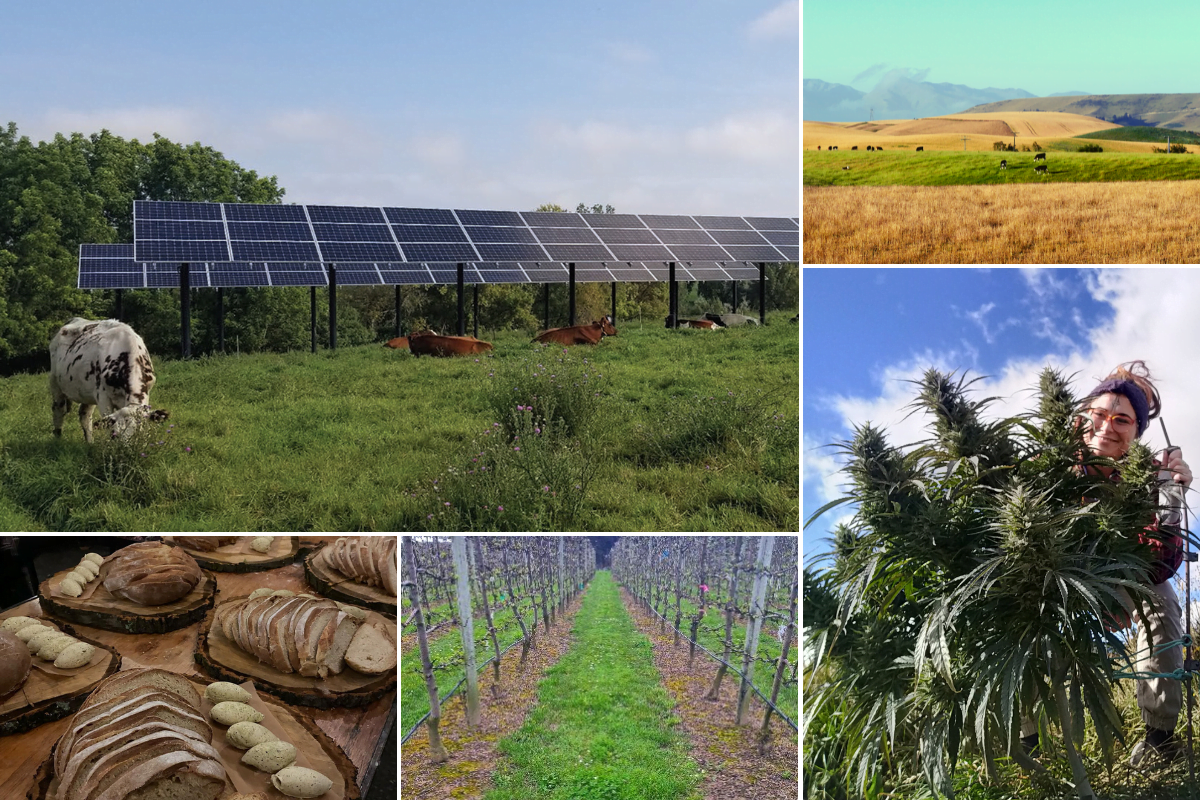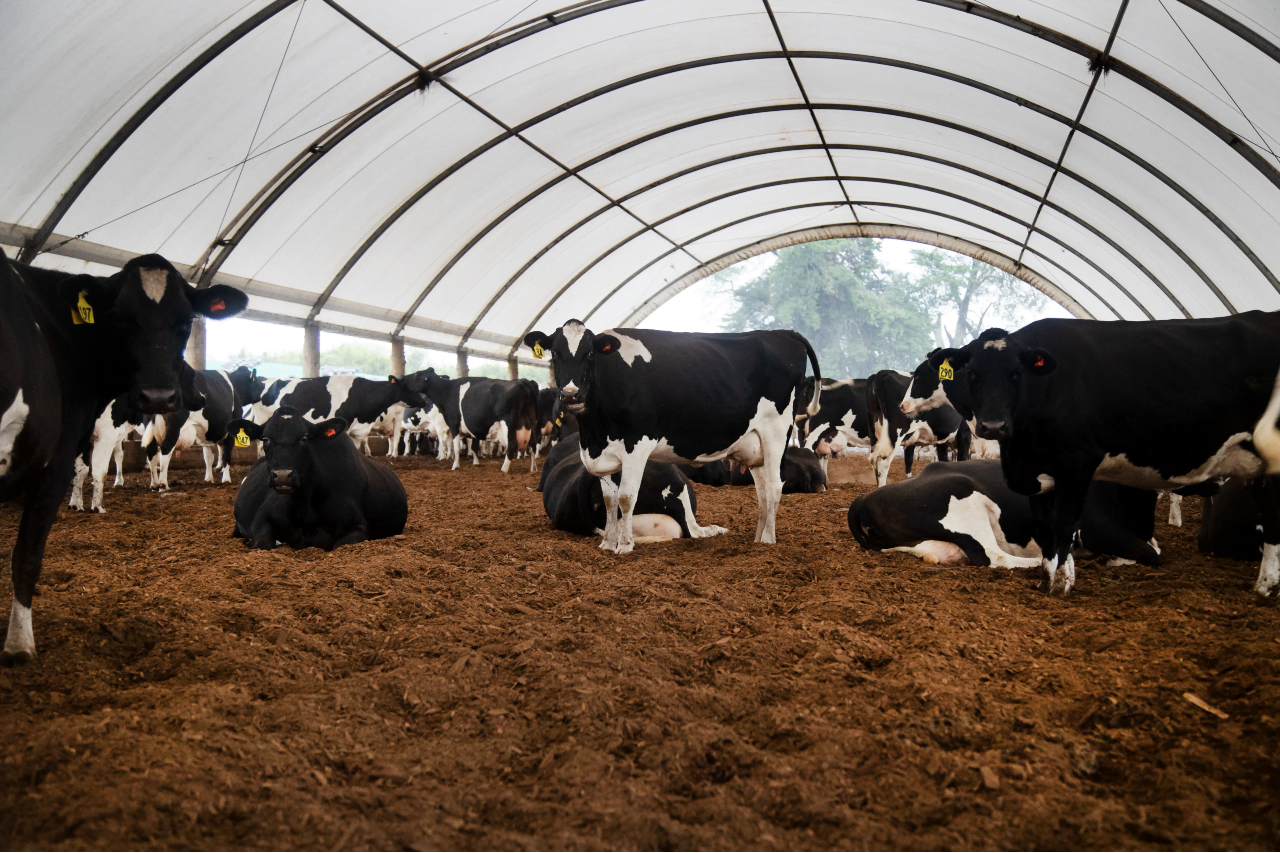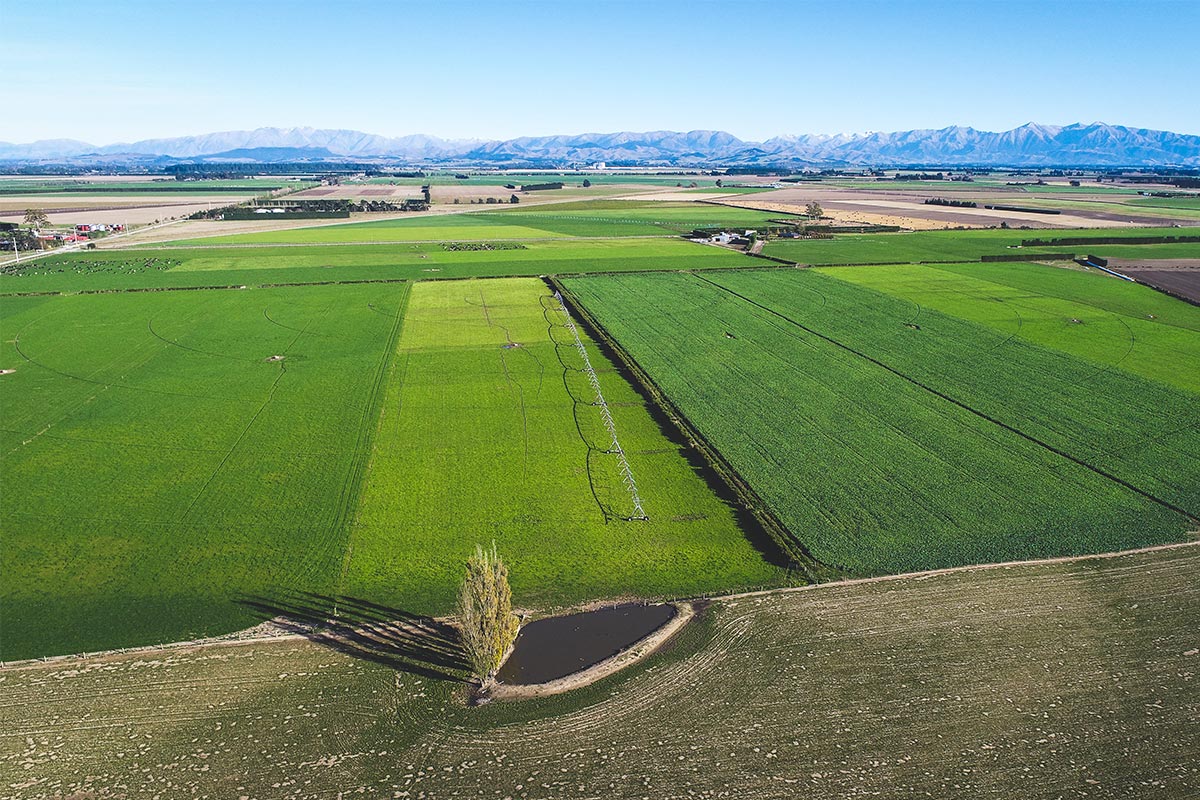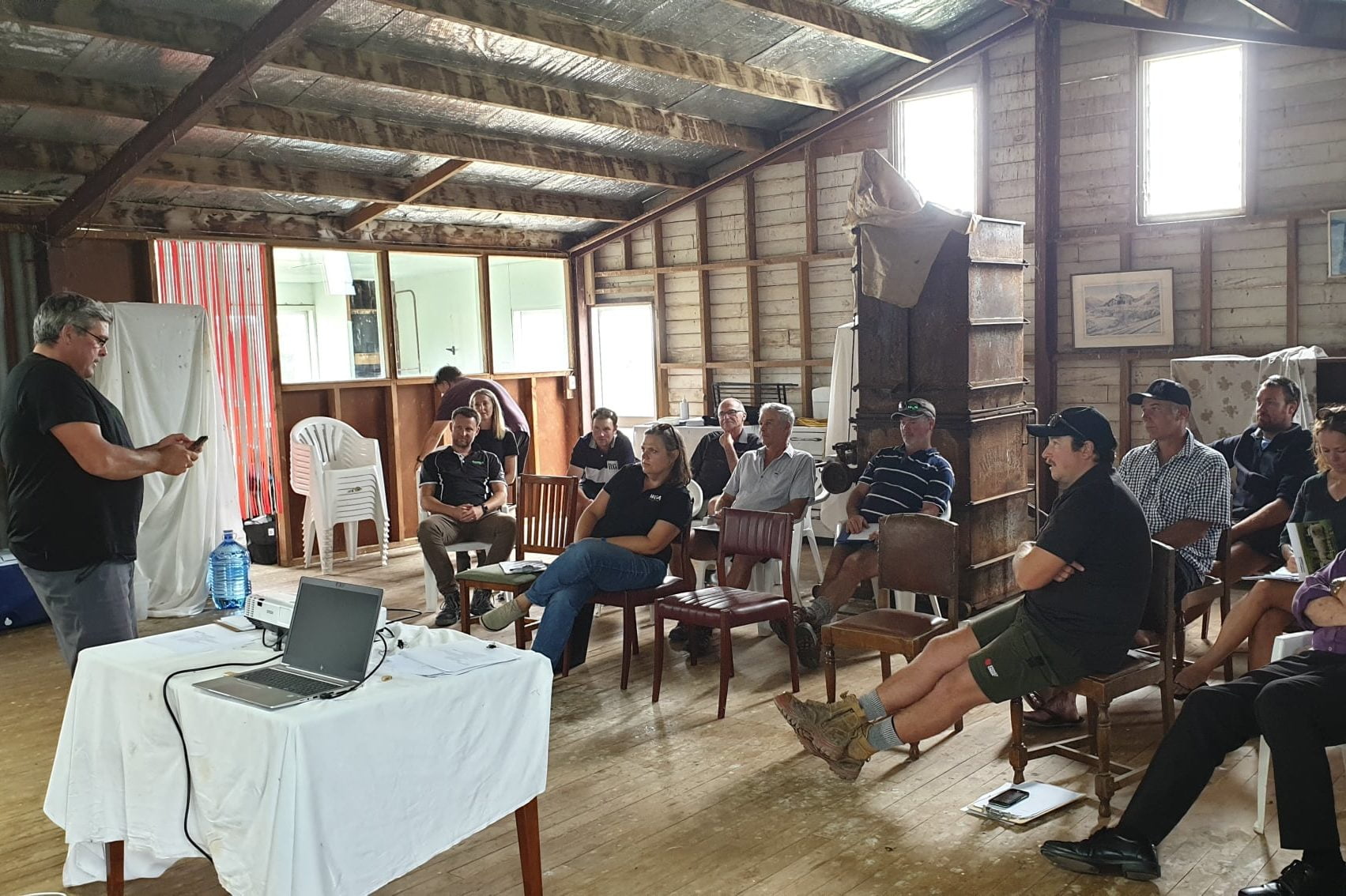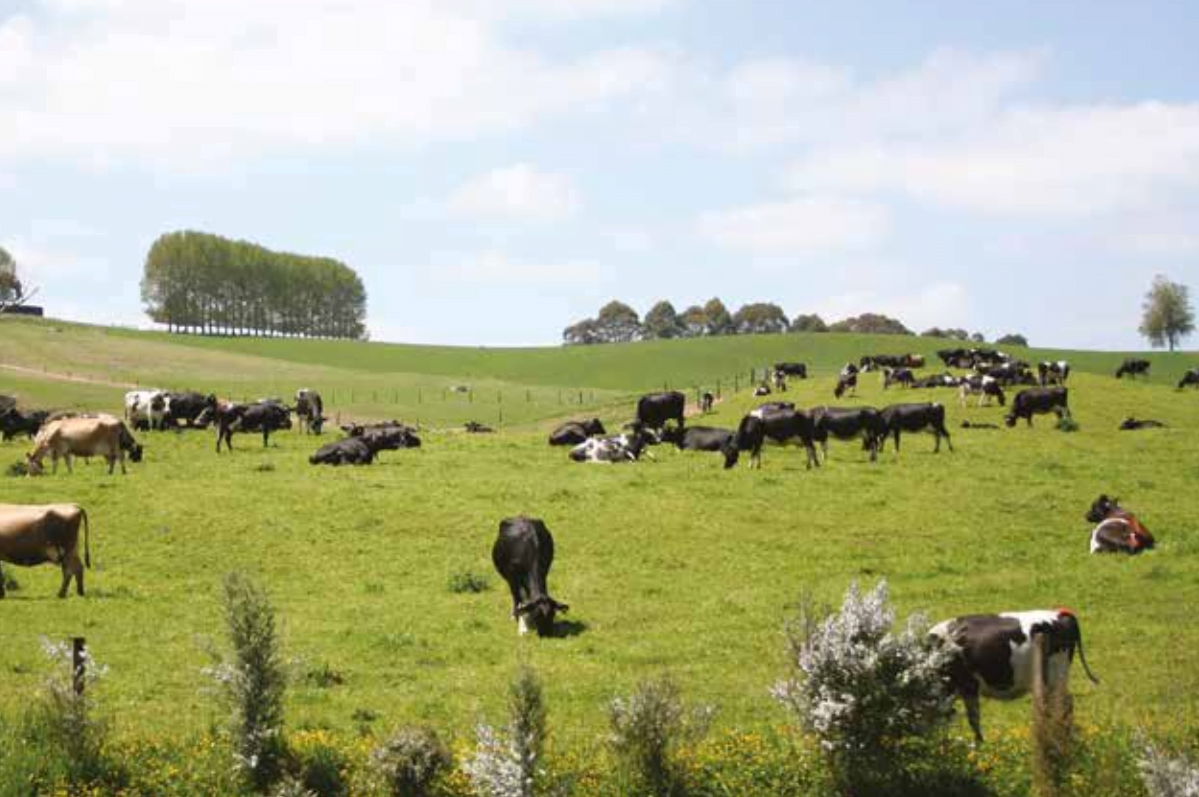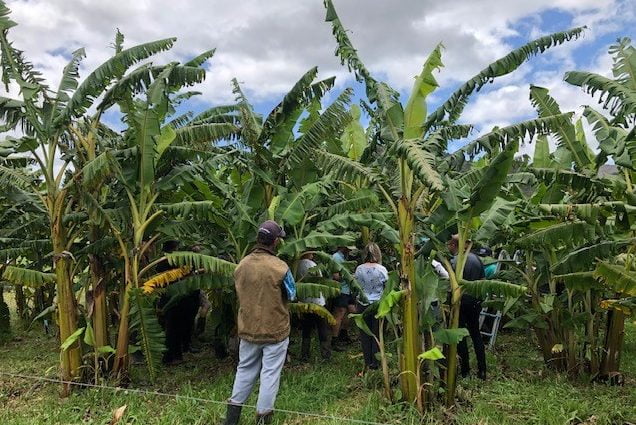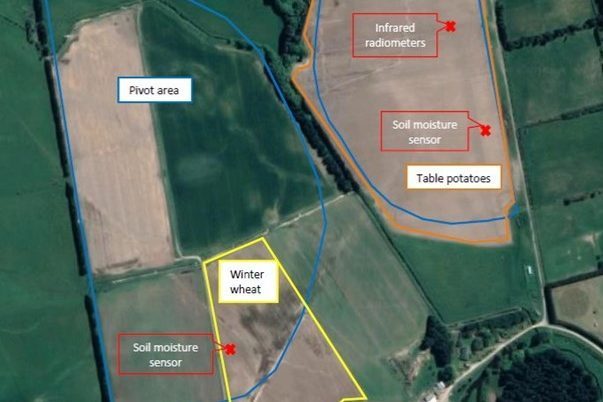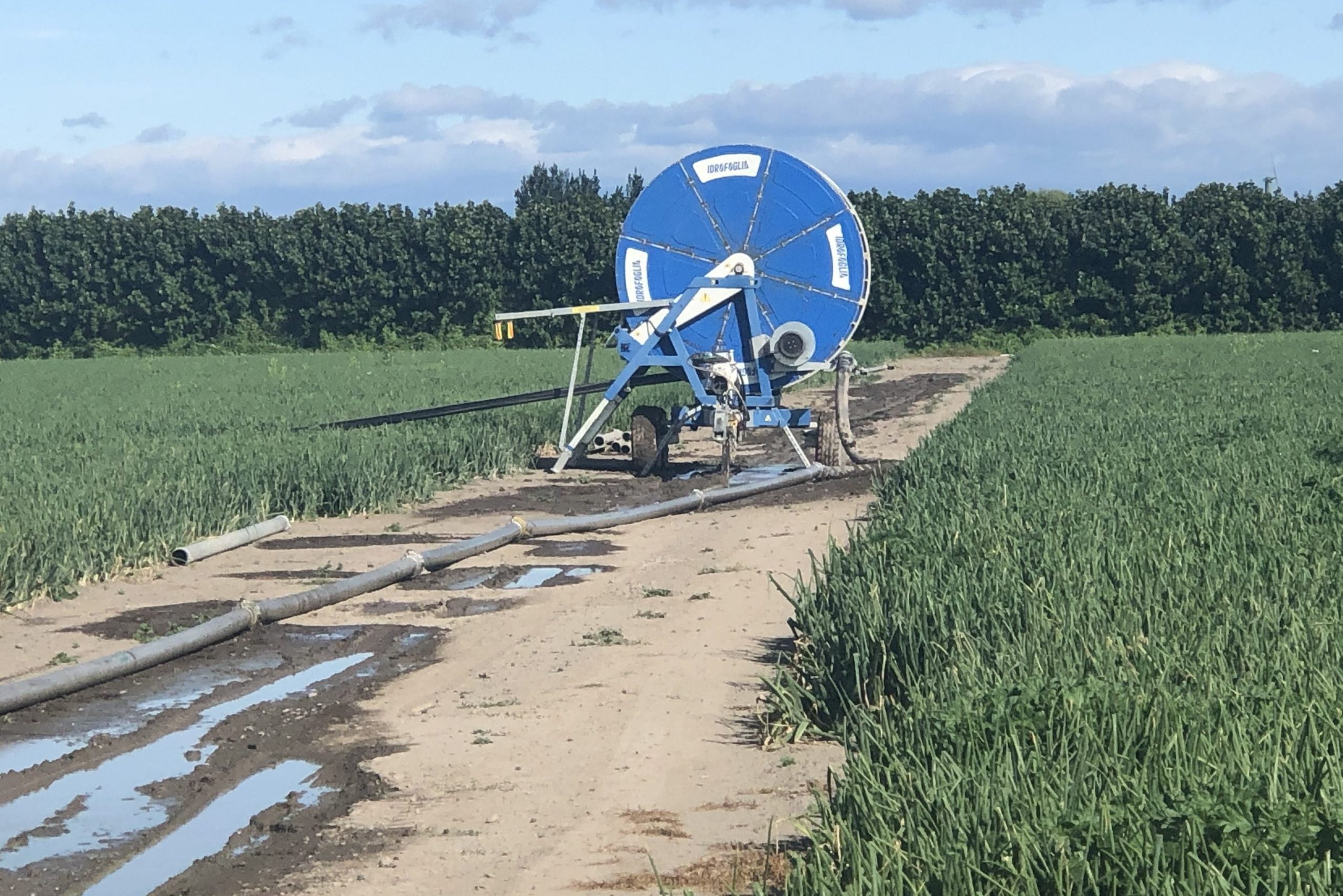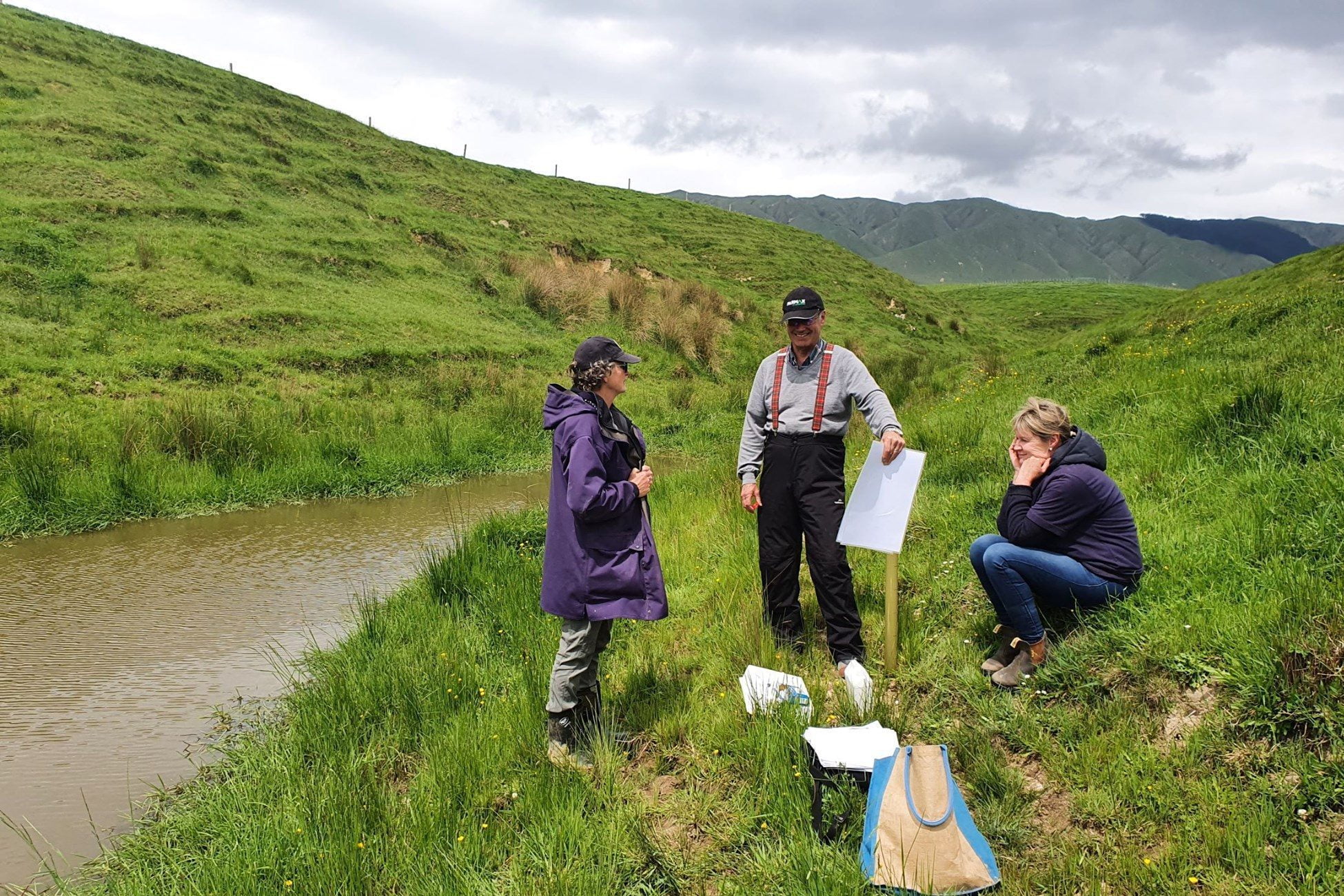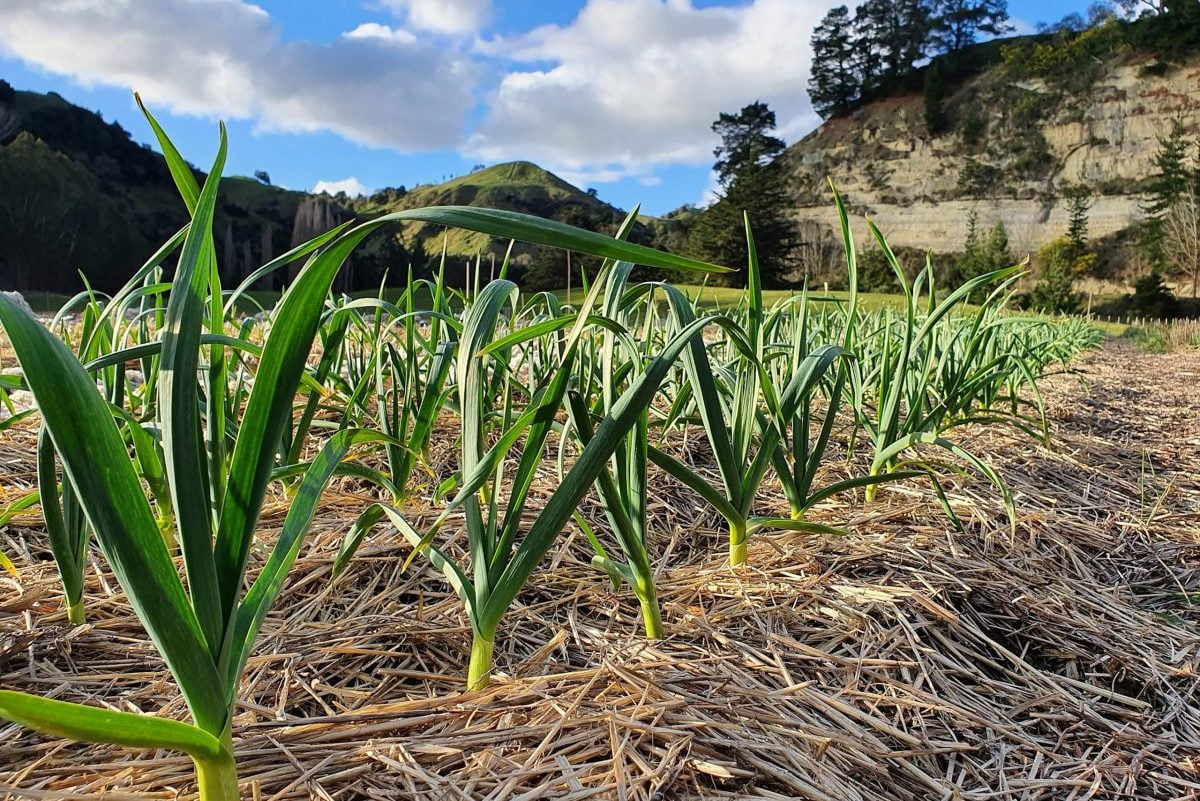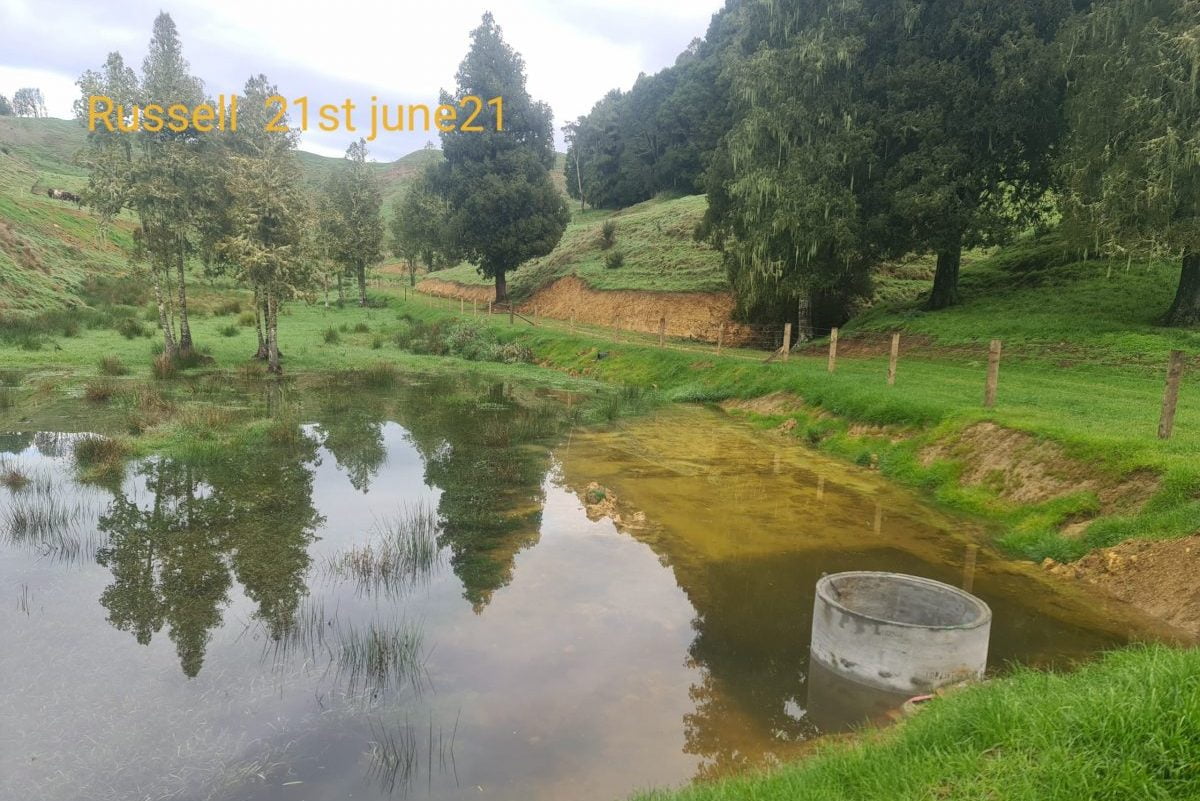August 30, 2024
-
- About UsMā mātou
- Our ScienceTe pūtaiao
- Future Landscapes Ngā Horanuku AnamataIn the future, landscapes will contain mosaics of land use that are more resilient, healthy and prosperous than today.
- Assessing Contaminants with Stream Order
- Benign Denitrification in Groundwaters
- Cascade of Soil Erosion
- Connecting Soil and Water Quality
- Crop Disease Under Climate Change
- Faecal Source Tracking
- Healthy Estuaries
- Innovative Agricultural Microbiomes
- Interoperable Modelling
- Land Use for Nutritious Diets
- Land Use Opportunities
- Land Use Suitability
- Linking Legacies to Wai
- Mapping Freshwater Contaminants
- Matarau: Empowering Māori Landowners in Land Use Decisions
- Measuring Denitrification
- Monitoring Freshwater Improvement Actions
- Mosaic vs Monoculture Landscapes
- Next Generation Systems
- Pasture for Humans
- Peri-Urban Potential
- Phosphorus Best Practice
- Physiographic Environments of New Zealand
- Pohewa Pae Tawhiti
- Protein Future Scenarios
- Silvopastoral Systems
- Sources and Flows
- Visualising Forestry Harvesting Cycles
- Incentives for Change Ngā Poapoa PanoniWe want to reward New Zealand’s primary producers for producing high-value products in sustainable ways.
- Aotearoa Food Cultures
- Appropriate Use of Taonga Species
- Credence Attributes On Farm
- Early Māori Agricultural Entrepreneurship
- EU Green Deal: Impact on NZ Exports
- Eutrophication Product Footprinting
- Impact of Imported Feed Shortages
- Incentives for Data Sharing
- Indicators Working Group
- Integrating Value Chains
- Kaitiaki Intelligence Platforms
- Kuaha Matihiko: Digital Gateway
- Measuring Full Impacts of Land-Use Change
- New Models of Collective Responsibility
- Options for Rural Investment
- Reasons for Water Quality Improvement
- Regenerative Agriculture
- Register of Land Management Actions
- Rewarding Sustainable Practices
- Signals for Land Stewards
- The Matrix of Drivers
- Workforce Implications of Land-Use Change
- Pathways to Transition Ngā Ara WhakawhitiWe are growing understanding of what it takes to transition to resilient, healthy and prosperous futures, and are developing tools to help.
- Connecting Food Producers & Consumers
- Diverse Experiences of Farming
- Enhancing Assurance Schemes
- Future Scenarios for Arable Agriculture
- Implementing Te Mana o Te Wai
- Land-Use Scenarios for Nikau Farm
- Lessons from Our Land and Water
- Mauri Whenua Ora
- Ngā Tai-o-Rongo
- Predicting Agricultural Research Adoption
- Retiring Farmland into Ngahere
- Revitalise Te Taiao
- Rural Professionals Fund 2020–21
- Rural Professionals Fund 2021–22
- Rural Professionals Fund 2022–23
- Rural Professionals Fund 2023–24
- Science in Freshwater Policy Development
- Shared Vision for Land Use in Marlborough
- Storying Kaitiakitanga
- Synthesis Scenarios for Future Land Use
- The Collaboration Lab
- Trust and Social Licence
- Urban-Rural Partnerships for Equal Change
- Whenua Life Values
- Future Landscapes Ngā Horanuku AnamataIn the future, landscapes will contain mosaics of land use that are more resilient, healthy and prosperous than today.
- News + EventsHe pānui
- Resources Ngā rauemi
- View by topic
- Climate Change
- Collaboration
- E.coli
- Farm Environment Plans
- Farm Management
- Farming for Good
- Increasing Value
- Irrigation
- Land-Use Change
- Measuring Water Quality
- Mitigation
- Nitrogen
- NPS-FM
- Nutrient Management
- Phosphorus
- Regenerative Agriculture
- Sector Transformation
- Sediment
- Social Licence
- Te Ao Māori
- Te Mana o Te Wai
- Winter Grazing
- View by topic
- Outcomes Ngā puawaitanga
News Tag: ruralprofessionals
You are here: Home News + Events News Tag: ruralprofessionals
 View Our Strategy Document 2019 – 2024
View Our Strategy Document 2019 – 2024



